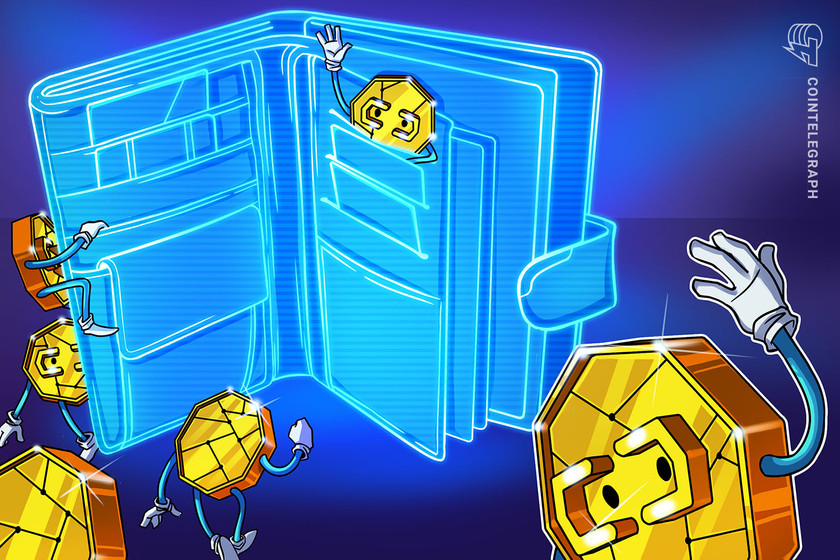
1inch Network expands to another cryptocurrency exchange as KuCoin Wallet integrates its automated market maker functionality to improve token swaps.
Cryptocurrency exchange KuCoin will introduce native token swap functionality to its in-house wallet after integrating decentralized finance (DeFi) market maker 1inch’s application programming interface.
1inch’s Pathfinder algorithm will increase the functionality of KuCoin Wallet, the exchange’s recently launched decentralized wallet platform, which features cross-chain trading, and DeFi and nonfungible token (NFT) support.
The algorithm will aggregate liquidity from over 250 sources from automated market makers and proactive market makers across the DeFi ecosystem. 1inch plugs into liquidity sources running on nine different blockchain networks, providing a wide range of tradable asset pairs.
Related: DeFi market has room for growth in Korea: 1inch co-founder — KBW 2022
The partnership will also afford KuCoin Wallet users access to 1inch’s Limit Order Protocol functionality. These orders are filled at a predetermined price once it is reached. This includes gasless limit orders for Ether (ETH), requests for quotations on the blockchain and other tokens that require permits rather than transaction approval.
KuCoin Wallet head Jeff Haul noted that 1inch has established itself as a leader in the DeFi aggregator space, and its functionality should improve KuCoin Wallet’s offering to its users:
“Swap is a high-frequency feature of the wallet, and 1inch is one of the most popular DEXs in the Web3 industry, so we’re working together through native integration to provide a smooth and cost-effective trading experience for our users.”
KuCoin rolled out its browser-based self-custodial wallet in June 2022 and hinted at imminent support for DeFi, NFTs and GameFi. The original NFT functionality was powered by KuCoin’s proprietary NFT marketplace Windvane.
The exchange earmarked a $150-million pre-Series B fundraising round in 2022 to bankroll the development of Web3, DeFi and NFT services and offerings within its ecosystem.
1inch continues to expand its footprint across the cryptocurrency ecosystem, sealing a pivotal partnership with South Korea’s burgeoning metaverse blockchain Klaytn in August 2022.










